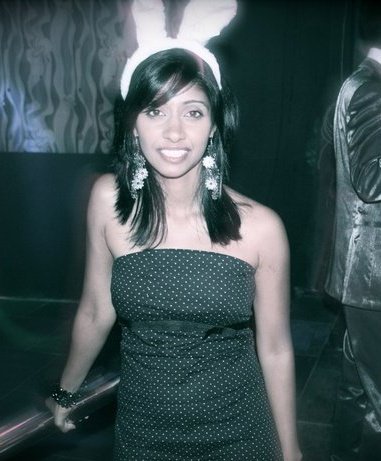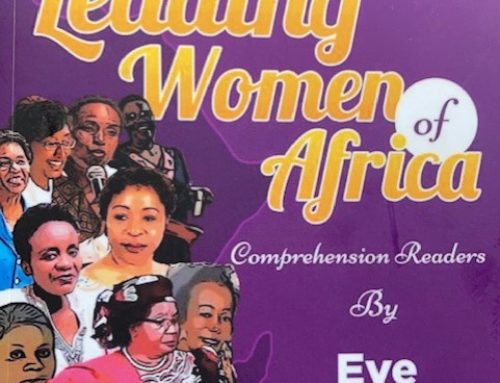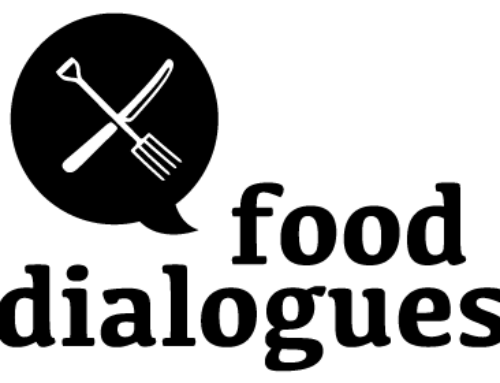At first I was reluctant to write about this, because it can open up a whole can of worms or feels like kicking a sleeping dog…
But if it’s going to help build relationships across the grey areas of race – then so be it.
Firstly, I speak to white people who generalise and stereotype people of colour. I myself, had to challenge myself to see beyond colour and actually get to know people for who they are. This is a daily challenge, because there will be days when people fit the stereotype and days when they don’t. So before you try and joke with me, speaking in a typical Indian accent – it actually tells me that you see me as stereotype not as a person first. It would be really nice if you tried to see me as a person first.
This also tells me that you are somewhat limited when it comes to having friends of colour and that maybe you have such friends, to keep up with an appearance of seeming socially diverse but really you have yet to build a meaningful relationship with them as people. I think we can all tell when people genuinely see us as people – and often I ask myself the same question when someone disagrees with me, if it is about race or a simply two individuals who share different points of views? I like to think that two people can have different opinions and not have it be about race, because race is that thing that makes us all the more beautiful and unusual to each other.
Don’t assume that all Indians would rip a person off in financial dealings, or that we eat curry every day of the week…I love my Indian culture but I also love being South African. Again I know more white friends who probably embrace my culture more than I do and that’s okay, because I love other cultures too. Sometimes the stereotypes in other people’s culture are beautiful, but I would be sensitive to not mock someone, it just comes across as looking down on them. I know that if I had to do the same to my white friends, it would be awkward…and rightfully so. So why do we do it?
Being brought up in a typical Indian home but also in a time in South Africa when the only way you can heal past injustices is knowing that you have to build a better future. This comes with setting our hearts and minds free from the stigmas that our parents fearfully grew up in. It’s knowing that our identities are not rooted in our racial stereotyping and our kids are never born to see colour and so we much teach them to see people from all walks of life, regardless of race of class as valuable beings, especially if God calls us to love each other as we love ourselves, then we really must challenge ourselves to seek to know the heart of others.
[To read the story of my friend Tsholofelo Mpuri click here]






[…] For an Indian woman’s perspective on this, meet my friend Sarona Reddy […]
Loved this, especially the bit about seeing POC as the stereotypes we’re taught to joke about.
thankx man, well you’re really gonna love the next one then as well!